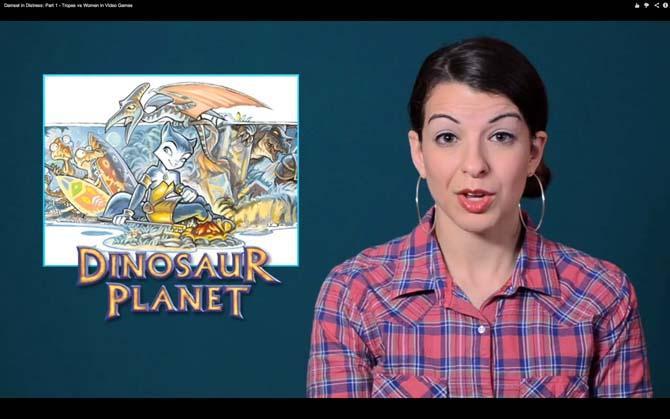When someone says something mean to you on the Internet, most people will tell you to ignore it. But if an anonymous stranger came up to you on the street and shouted hurtful expletives at you, would you be expected to turn the other cheek?
Some may call this “trolling” — where an Internet commenter’s goal is simply to annoy — and tell us not to take it personally. Dismissing this activity as trolling, however, avoids the issue at hand.
Was it trolling when Anita Sarkeesian was forced to leave her home because strangers on the Internet kept threatening her life? Let’s call this stuff what it really is — online harassment.
Last week, nonpartisan research center Pew released a study detailing online harassment and who is usually on either end of it. The study also outlines two different types of online harassment, although the two types often overlap.
The first type includes simple name-calling or on-purpose embarrassment, the kind we’re likely to ignore.
However, the second category is more severe and affects a smaller percentage of the online public. This category includes the rare but scary instances that include threats of physical violence, sustained harassment, sexual harassment and even stalking.
After reading the description of the categories, I easily could predict the rest of the research’s findings. According to Pew, men are more likely to fall victim to the first, less severe type of online harassment, while young women are “particularly vulnerable” to the latter.
While both men and women are called names and physically threatened at about equal rates, young women are more likely to be sexually harassed and stalked online.
Just like in the real world, women often are judged more harshly for what they do or say on the Internet. As a female opinion columnist, I’ve been called out for more than just my opinion before. Not only have my female colleagues and I been compared to screaming primates, we’ve also been targeted for our race, body size and appearance.
What does this say about the Western world’s new frontier? If the Internet is responsible for creating environments where vicious, often anonymous harassment is commonplace and to be expected, why do we glorify its presence in our lives so much?
Some might say these are “real world” tendencies that just so happen to seep into the world wide web. But I’d argue that the “real world” versions of these crimes aren’t usually ignored in the same way they are ignored on the web.
We’ve invented terms like “trolling” and even “cyberbullying,” which usually are just code words for “Can’t you just close your laptop and ignore them?” We dismiss Internet commenters as being the lowest of low, whose words shouldn’t have any weight. We act like it’s easy to ignore anonymous commenters harassing us or comparing us to overweight farm animals, but it really isn’t.
The Pew study stated that “those who exclusively experience less severe forms of harassment report fewer emotional or personal impacts, while those with more severe harassment experiences often report more serious emotional tolls.”
Thus, you can deduce that men, the demographic that falls victim to things like name-calling, aren’t really affected by online harassment, but women, the victims of sexual harassment and stalking, are usually pretty shaken up by it.
Could this be why Internet culture is so dismissive of online harassment? Crimes that specifically target women, such as street harassment and even rape, are often the crimes that go unreported and unsolved. If women aren’t taken seriously when they’ve been brutally assaulted, how do you think people will take them if they’ve just been sent a couple scary emails?
The Internet doesn’t have to be some sort of pristine realm where we are all required by law to play nice, but we do need to evaluate why we’ve grown so apathetic about the scary phenomena of online harassment.
Next time you’re thinking about stalking someone on Facebook, try sharing a cute cat video instead.
SidneyRose Reynen is a 19-year-old film and media arts sophomore from New Orleans. You can reach her on Twitter @sidneyrose_TDR.
Opinion: Online harassment should be taken more seriously
October 29, 2014
Feminist Frequency blogger Anita Sarkeesian is a leader in the feminist movement in video games. Of 27 new games announced for Xbox One at E3, none of them featured a female protagonist.





